During your last stay at my place, honey, you’ve lost the only object I had kept from my mother. It was a black rosary. It hung by the handle of the door next to my bed. My mother had that rosary wrapped around one of her hands when she died.
After she passed away, as I was getting ready to leave the hospital in the middle of the night, a nurse gave me a paper bag, which contained my mother’s belongings: Her dentures, her glasses, and the rosary. I quickly got rid of the dentures, hesitated a bit before throwing away the reading glasses, but kept the rosary.
I put it back into the brown paper bag, noticing it had suddenly become too big for its now minimal content. I thought it befitting.
With each step I took, I could hear the beads moving, rolling with a glass sound at the bottom of the bag.
I carried it all the way back home, walking through a cool summer night along the sleepy streets of the city. It felt good to walk. I was glad to live far away from the hospital. It would take a long time before reaching my destination.
I felt light, the bag mainly empty, mostly filled with the same tranquil air I was breathing from sidewalks to sidewalks.
My mother had not owned that rosary. It had been given to her a few hours before her death by the priest who had performed the last rites.
When I left for China, I took the rosary with me. I figured that the fact it had belonged to my mother only for a short while made it an adequate object to carry around, and somehow representative of how I felt. It was a safe thing to keep. You see, it was hers, but also not truly hers. Not an imbricated part of her history. Of our history.
It stood at the junction of her life and of her disappearance, at a moment where I stood there, witnessing the change.
As said, the rosary hung around a doorknob in my bedroom in Beijing for more than ten years. To be honest, I never paid much attention to it, until a few weeks ago, when you grabbed it and played with it as if it were a pretty necklace. I suddenly became aware that I had always been aware of the rosary's presence. I only pretended not to see it.
Here you were running full of joy, the rosary dangling around your neck. And I felt a pinch.
I know you, little one. The things you do. Like a busy squirrel, hiding nuts. You liked the rosary and I thought you might hide it somewhere in a place I would never find.
I could have stopped you right there. Taken the rosary back, put it in a safe place. Or, let events unfold without interfering.
Now, the rosary’s gone. Without much hope, I asked the maid to look for it, and as expected she never found it.
I feel everything’s fine. The way finally things should be.
I now discover that at last I have a sense of space. An object is not in itself a memory; it’s not a souvenir, not an attachment to the past. We keep things because we believe they hold a potential. They represent a hope, an imaginary future, something we think later we might use.
This is what I think: We lie to ourselves. Such vestiges are, in fact, things we dream, musing that they'll have a possible purpose or usefulness from which we might benefit one day. They are not linked to the past. They are a projection into the future.
We have kept this or that as a reflection of a fantasy to be unveiled in some vague fabrication of what life could become, much later. We accumulate as a way to get closer to the images we build around alternate existences we foresee for ourselves. We manufacture makebelieve helpfulness for situations we think await us, at some corner of yet-to-come realities: I don’t need this now, but I might need it later, when my entire being gets transformed, demanding the use of this object for which today I have no use for. But that I keep, in a waiting stance, in the realm of space.
That stuff helps me keep in my mind what tomorrow could be.
In other words, for the sake of a fictitious relationship to time, I give up space.
There’s hardly any room left for the present: This exact moment, the one where/when I am contemporary to myself, I occupy it as a solid form in space, it’s not a moment in time. Only the past and the future are time elements.
In order for me to be, right now, I must make space. Not time. Or I'll stay forever evanescent trying to catch up with dimensions that are unreal.
Artifacts do not point at what happened, they talk about what we think will become of us.
Either way, these objects, their masses, are extents in linear space, which can be measured to evaluate the grandeur of their time significance when that starts to dominate.
A tiny thing vanished. There are no longer any relics, objects with sentimental value in my home. You’ve taken care of that for your old grandma.
I feel much better now, sweetheart.
Laolao
After she passed away, as I was getting ready to leave the hospital in the middle of the night, a nurse gave me a paper bag, which contained my mother’s belongings: Her dentures, her glasses, and the rosary. I quickly got rid of the dentures, hesitated a bit before throwing away the reading glasses, but kept the rosary.
I put it back into the brown paper bag, noticing it had suddenly become too big for its now minimal content. I thought it befitting.
With each step I took, I could hear the beads moving, rolling with a glass sound at the bottom of the bag.
I carried it all the way back home, walking through a cool summer night along the sleepy streets of the city. It felt good to walk. I was glad to live far away from the hospital. It would take a long time before reaching my destination.
I felt light, the bag mainly empty, mostly filled with the same tranquil air I was breathing from sidewalks to sidewalks.
My mother had not owned that rosary. It had been given to her a few hours before her death by the priest who had performed the last rites.
When I left for China, I took the rosary with me. I figured that the fact it had belonged to my mother only for a short while made it an adequate object to carry around, and somehow representative of how I felt. It was a safe thing to keep. You see, it was hers, but also not truly hers. Not an imbricated part of her history. Of our history.
It stood at the junction of her life and of her disappearance, at a moment where I stood there, witnessing the change.
As said, the rosary hung around a doorknob in my bedroom in Beijing for more than ten years. To be honest, I never paid much attention to it, until a few weeks ago, when you grabbed it and played with it as if it were a pretty necklace. I suddenly became aware that I had always been aware of the rosary's presence. I only pretended not to see it.
Here you were running full of joy, the rosary dangling around your neck. And I felt a pinch.
I know you, little one. The things you do. Like a busy squirrel, hiding nuts. You liked the rosary and I thought you might hide it somewhere in a place I would never find.
I could have stopped you right there. Taken the rosary back, put it in a safe place. Or, let events unfold without interfering.
Now, the rosary’s gone. Without much hope, I asked the maid to look for it, and as expected she never found it.
I feel everything’s fine. The way finally things should be.
I now discover that at last I have a sense of space. An object is not in itself a memory; it’s not a souvenir, not an attachment to the past. We keep things because we believe they hold a potential. They represent a hope, an imaginary future, something we think later we might use.
This is what I think: We lie to ourselves. Such vestiges are, in fact, things we dream, musing that they'll have a possible purpose or usefulness from which we might benefit one day. They are not linked to the past. They are a projection into the future.
We have kept this or that as a reflection of a fantasy to be unveiled in some vague fabrication of what life could become, much later. We accumulate as a way to get closer to the images we build around alternate existences we foresee for ourselves. We manufacture makebelieve helpfulness for situations we think await us, at some corner of yet-to-come realities: I don’t need this now, but I might need it later, when my entire being gets transformed, demanding the use of this object for which today I have no use for. But that I keep, in a waiting stance, in the realm of space.
That stuff helps me keep in my mind what tomorrow could be.
In other words, for the sake of a fictitious relationship to time, I give up space.
There’s hardly any room left for the present: This exact moment, the one where/when I am contemporary to myself, I occupy it as a solid form in space, it’s not a moment in time. Only the past and the future are time elements.
In order for me to be, right now, I must make space. Not time. Or I'll stay forever evanescent trying to catch up with dimensions that are unreal.
We collect not in the name of remembrance, not even to increase possessions, but really to protect ourselves against the pain we might one day experience if a fundamental need was to remain unfulfilled.
Artifacts do not point at what happened, they talk about what we think will become of us.
Either way, these objects, their masses, are extents in linear space, which can be measured to evaluate the grandeur of their time significance when that starts to dominate.
A tiny thing vanished. There are no longer any relics, objects with sentimental value in my home. You’ve taken care of that for your old grandma.
I feel much better now, sweetheart.
Laolao



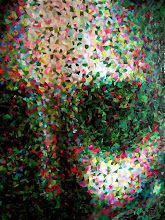
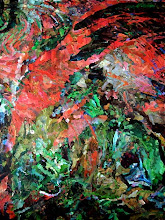
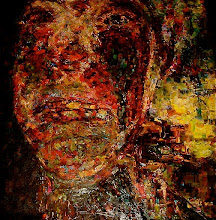
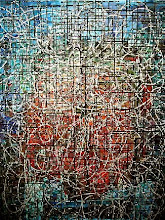
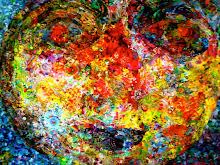
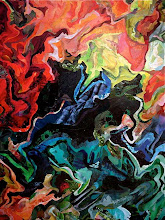
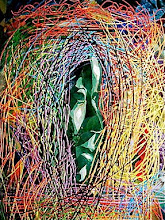
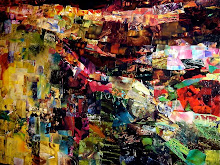
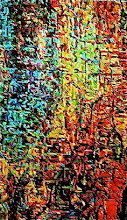
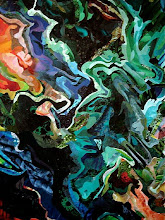
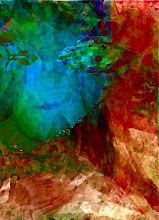.jpg)
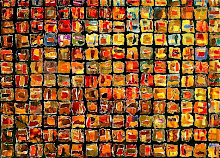
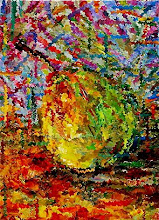
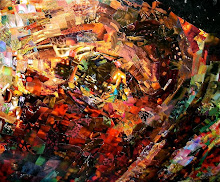
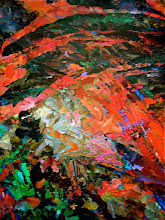
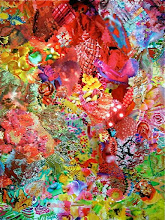
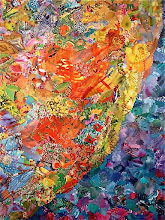
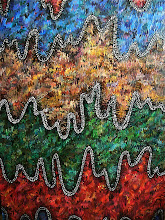
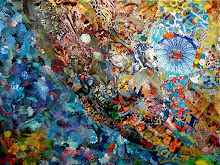
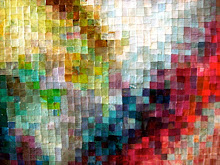
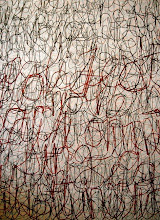
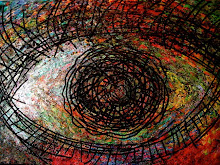
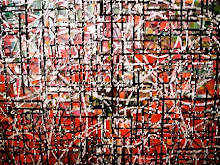

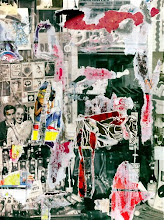
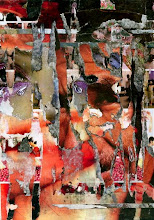
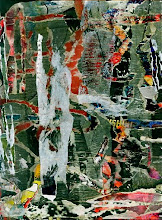
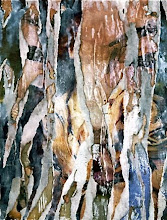


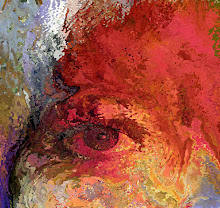
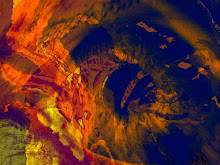
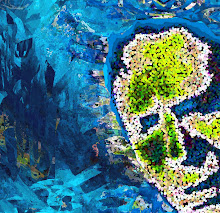
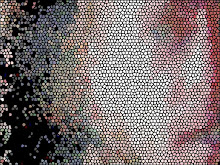.jpg)
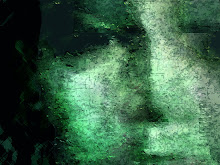
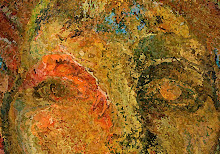
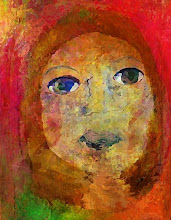.jpg)
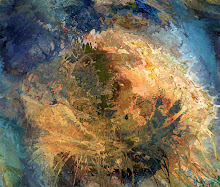
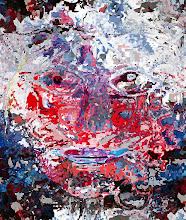
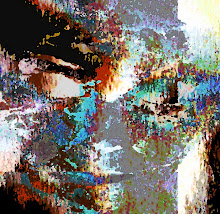
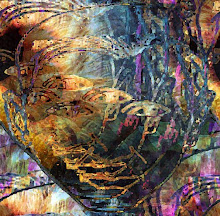


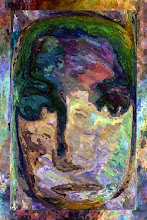photo+album).jpg)
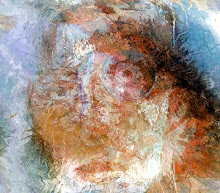.jpg)
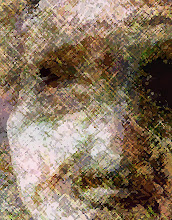
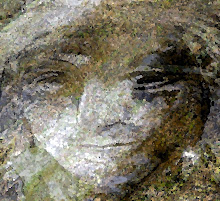
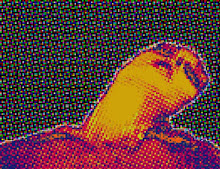
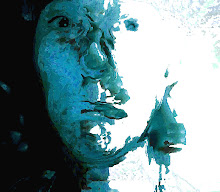
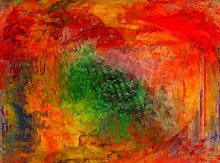





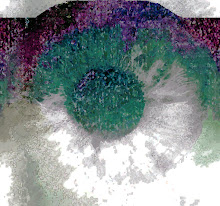
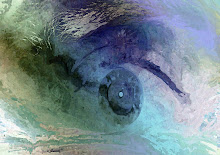

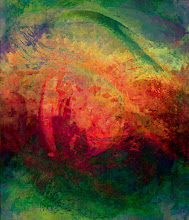

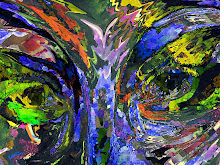
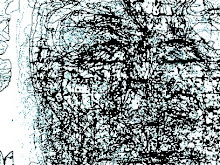.jpg)
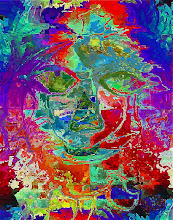

No comments:
Post a Comment